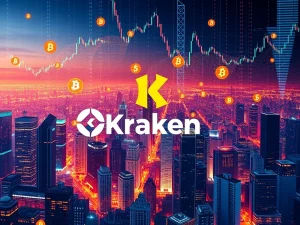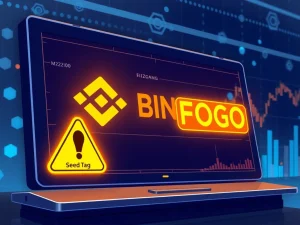Exciting Web3 Projects to Follow in 2025
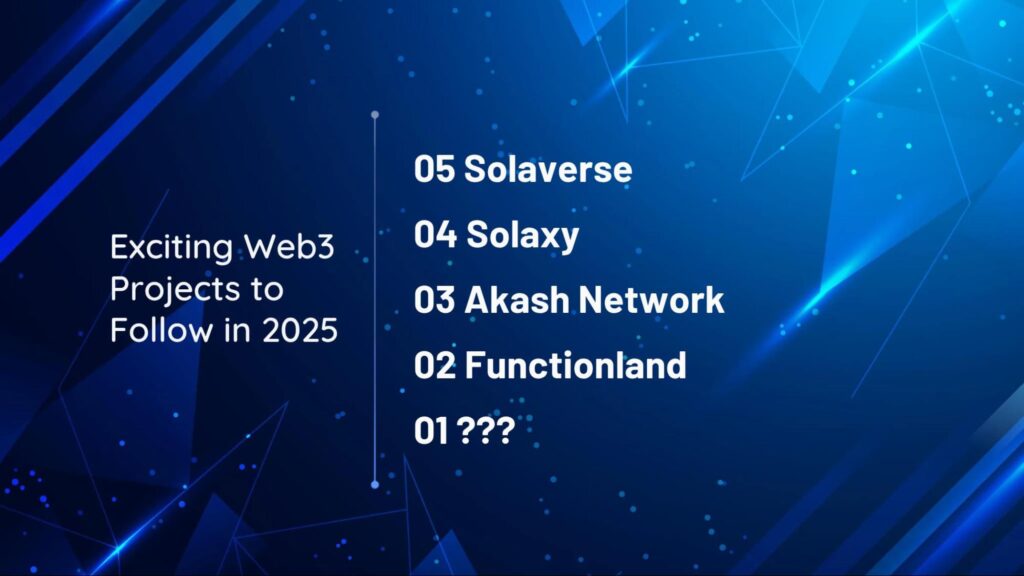
[ad_1]
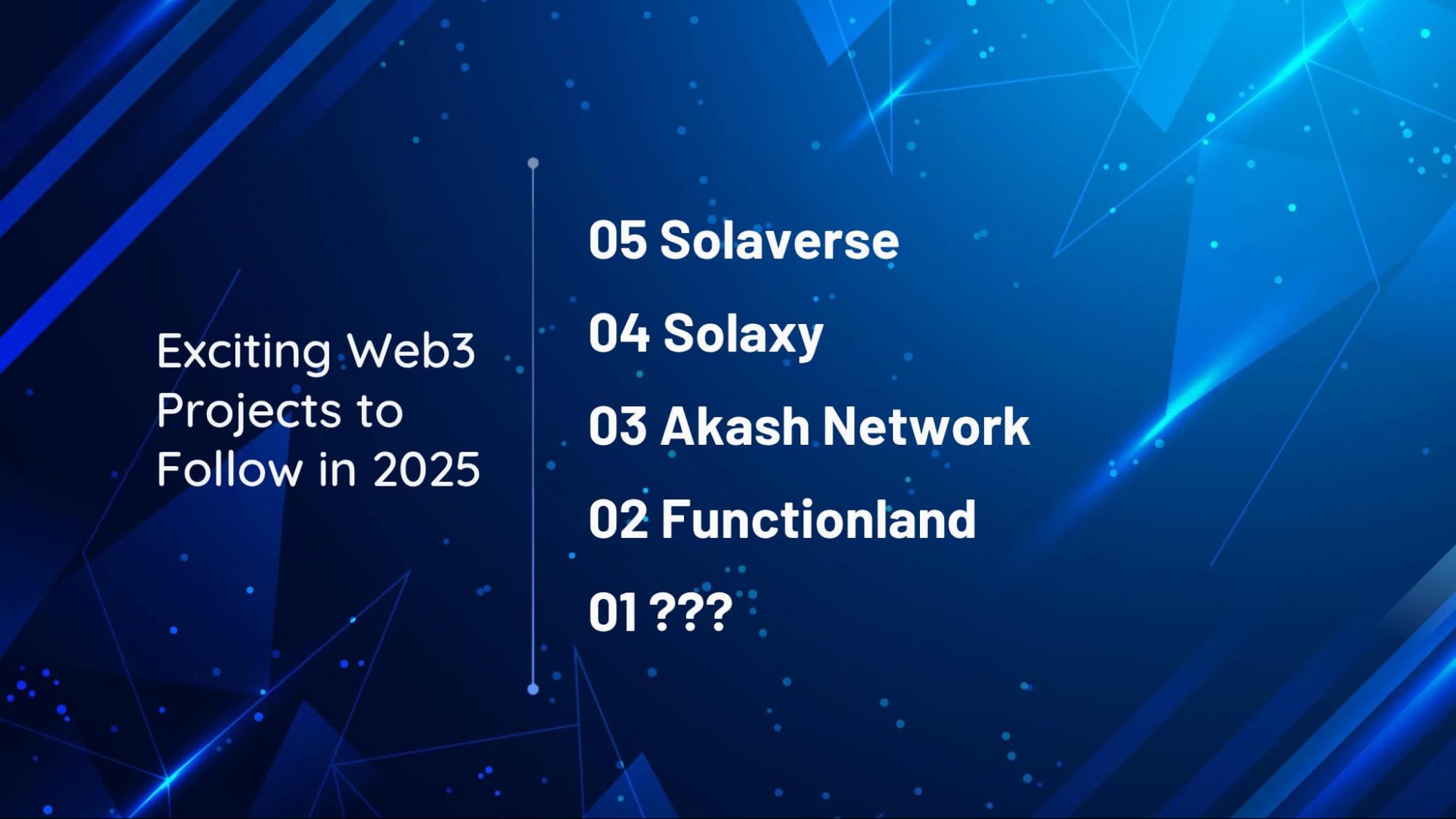
Over the past year, the cryptocurrency landscape has taken on mainstream attention. While significant price booms have drawn the public to the major Web3 players. With a plethora of fast-growing and exciting projects on the market, we want to highlight some of the more niche ecosystems that all operate to provide their communities and investors with different infrastructure, tools, and assets.
Solaverse
Solaverse is an emerging metaverse project built on the Solana blockchain, and is equipped with tools for builders, developers and creators. It integrates all aspects of gaming, digital ownership and decentralized finance, and enables users to create their own immersive experiences beyond what has typically been seen from current metaverse projects.
The platform does allow for a more personalized approach with its integrated AI, which offers intelligent virtual worlds that users can develop and monetize within the Solaverse ecosystem. The company places a strong emphasis on community involvement, and recognizes that the most sustainable and successful metaverse projects have a thriving community behind them, keen to share feedback and be involved with how the company grows. For users, the collaborative environment as well as the potential of virtual land ownership and ability to monetize creations, make Solaverse an engaging and attractive platform.
Solaxy
In a similar vein, Solaxy is also built on the Solana blockchain, but it is a Layer 2 scaling solution which aims to enhance speeds, reduce congestion and improve scalability for dApps. Solaxy also encourages and rewards community involvement, and it plays a significant role in its development strategy. The company’s presale raised over $15 million, showcasing high investor interest and involvement in the project.
Solaxy presents a compelling case for enhancing dApp efficiency, which plays an important role in broader decentralized tech adoption.
Shardeum
Shardeum is building the world’s first autoscaling Layer 1 blockchain, designed to scale linearly with user demand. This will allow Shardeum to maintain low gas fees, high throughput, and consistent performance, even during periods of high network activity.
Built from scratch, Shardeum aims to solve the blockchain trilemma – achieving scalability, decentralization, and security – through its dynamic state sharding architecture. This enables the network to automatically scale based on the supply of validators, making it highly efficient and accessible.
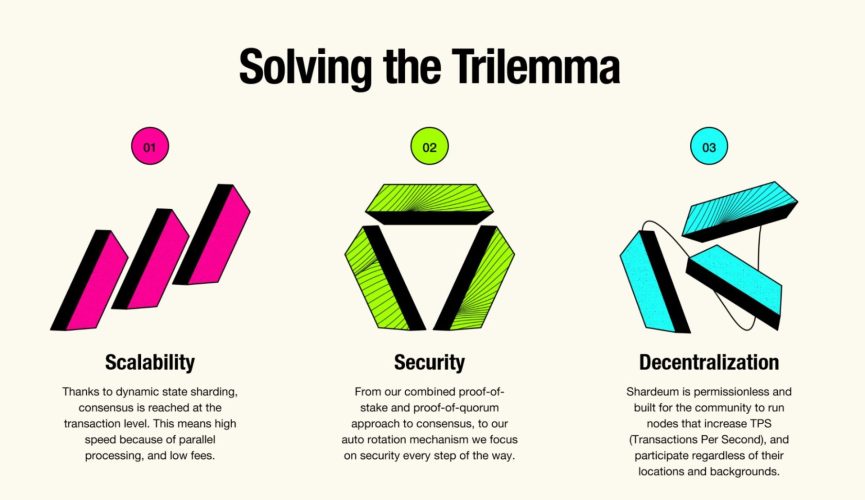
With a strong community-first ethos, Shardeum has attracted over 171,000+ validators, 81 million+ testnet transactions, and 1.4 million+ community members globally. Its astonishing testnet metrics have made Shardeum one of the best-performing Layer 1 testnets. Backed by top-tier investors, the project recently concluded its Incentivized Testnet, launched its token sale, and is on track to launch mainnet very soon.
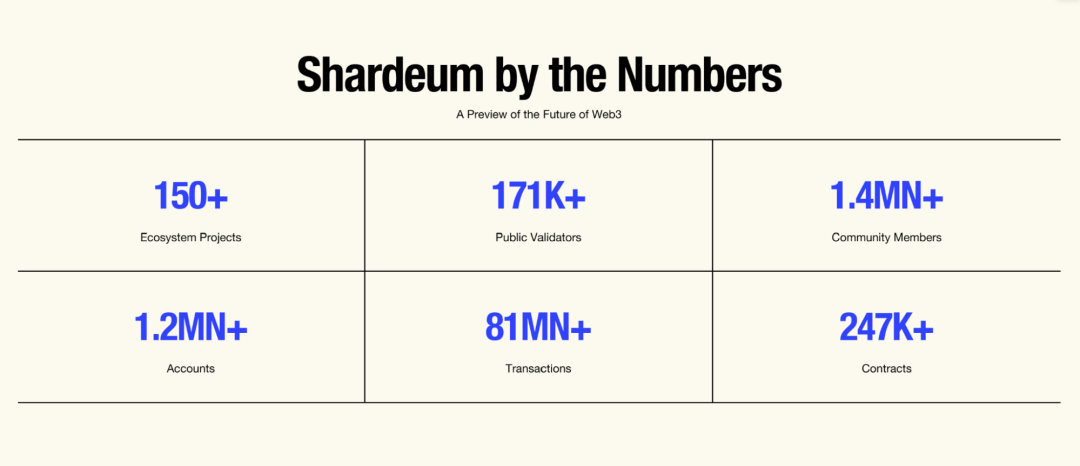
Functionland
This decentralized platform aims to transform the cloud computing and AI industries by leveraging blockchain technology to offer user-owned data storage and processing solutions. Functionland uses a decentralized infrastructure network that lets businesses contribute their unused computing and storage resources which helps reduce costs – and also has an additional benefit of enhanced data privacy.
The company has other additional features which are attractive to users, such as FxBlog hardware nodes, earning potential for participants, as well as its Fula Network – a blockchain-based system which can support various dApps for storage, sharing and file management. Thus far, the platform has seen significant support with more than 1,000 nodes deployed and a waitlist of over 100,000. There is a lot of community buzz behind it, and it is well-known in the industry because of its notable partnerships with the likes of Filecoin, IoTex and Dfinity.
Akash Network
Akash Network is a decentralized cloud computing marketplace which allows users to lease computing resources from underutilized data center capacity, and it’s making waves. It’s used by businesses looking for alternatives to traditional cloud, and it has also found traction among the AI developer community looking to reduce vendor lock-in and decrease their costs.
Akash integrates with the broader Cosmos ecosystem, enabling inter-blockchain communication and cross-chain support so it’s poised for scalability across networks. With various community grants and validator participation, the company has built a strong contributor base with open-source and decentralized principles.
[ad_2]
Source link


